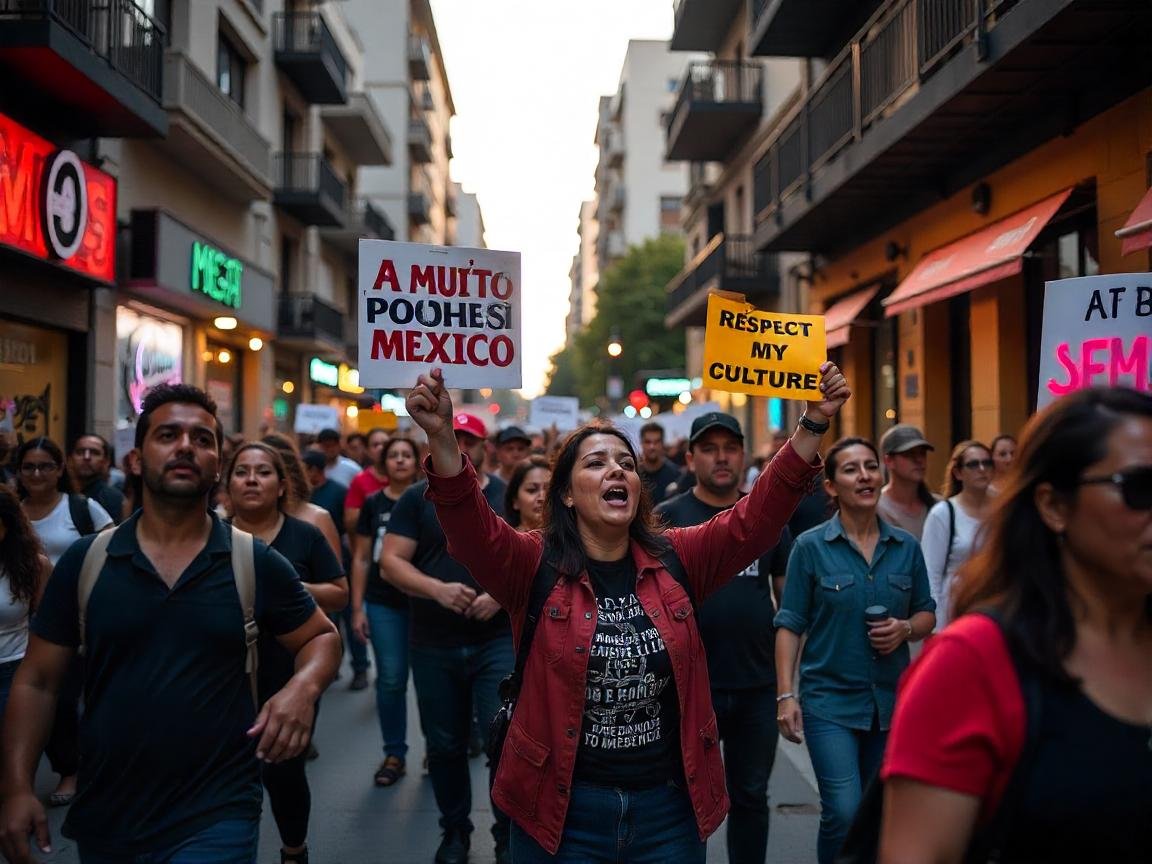Czechia: More details have emerged on incoming short-term rental regulations in the Czech capital of Prague and the rest of the country, which look set to come into effect in July 2025.
Last month, the Czech government approved a draft bill that will grant municipalities and cities across the country to regulate short-term rentals more effectively, helping them to combat disruptive activities including noise disturbances and tax evasion.
From next year, hosts and property managers of guesthouses and short-term / holiday rentals look set to be required to register their accommodation and guest details via a new platform – e-Turista. They would then each receive their own unique registration number, to be displayed on all relevant listings across booking platforms, and these would be shared electronically with the Czech Ministry of Regional Development.
Initially, accommodation providers would need to register the start date of the rental stay, the location of the property, the maximum number of beds, and personal and contact details.
New national regulations could also put a cap on the number of days a unit can be rented out on an annual basis, define the minimum amount of space required for each guest, and limit the number of tourist apartments in city centres.
Up until now, booking platforms operating in Czechia have been required to provide authorities with data on property owners and their short-term rental activities upon request, however the Ministry of Industry and Trade has alleged that they have not always complied with their obligations.
Should the new regulations come into law next year, property managers and owners could reportedly face fines of up to CZK [Czech koruna] 100,000 [£3,356 / €3,982 / $4,398] if they fail to report guests via the e-Turista portal. Furthermore, short-term rental booking platforms, including Airbnb and Vrbo, could be liable for fines of up to CZK 10 million [£335,590 / €398,155 / $439,949] in the event of non-compliance.
The Ministry of Industry and Trade currently estimates that between 40 and 70 per cent of stays booked via online platforms are going unreported in Czechia, which could account for almost CZK 800 million / €32 million in lost taxes annually.
While Prague has attempted to regulate short-term rental platforms and their operations in recent years with little success, the draft law approved by the government is a significant milestone towards introducing national legislation.
The capital city has already sought to discourage drunk and rowdy behaviour in its popular nightlife district and in July, it approved a ban on cars in parts of the historic Old Town between 10pm and 6am to limit noise in the area.







